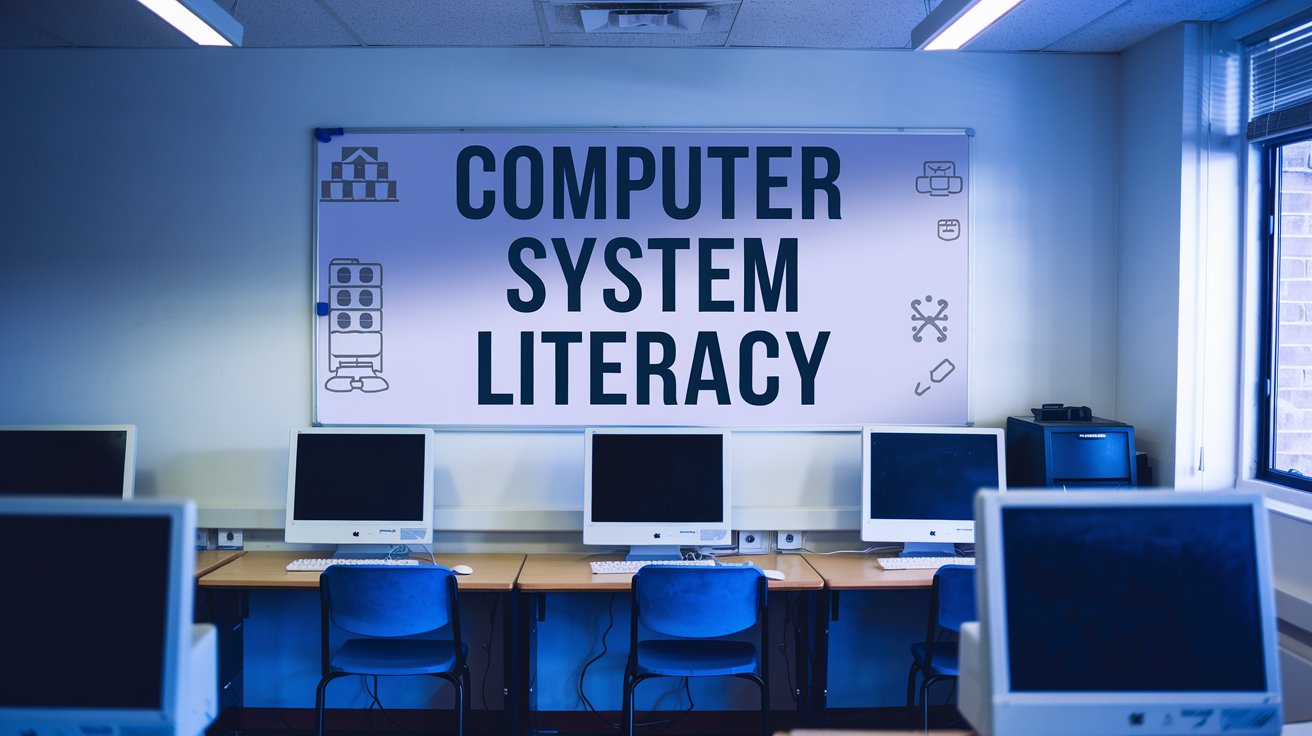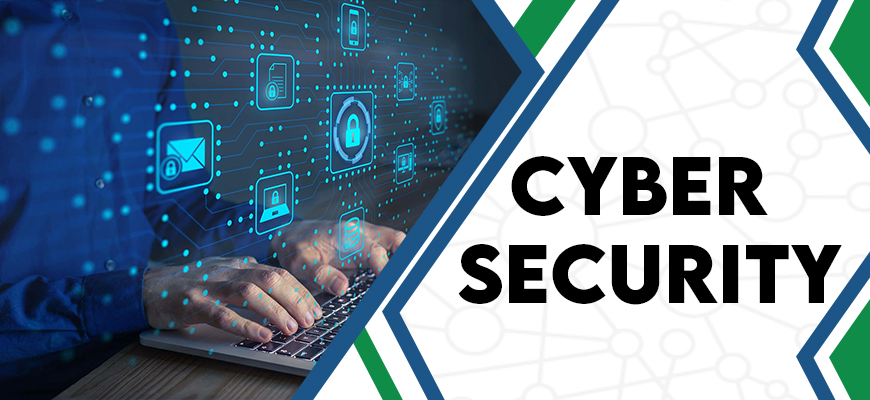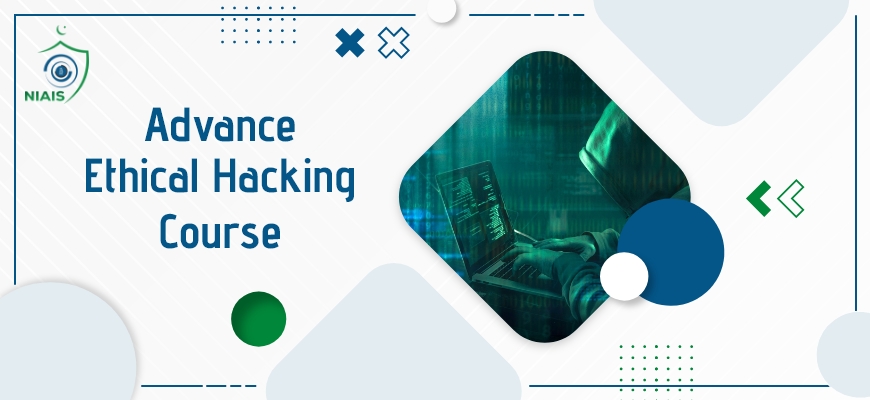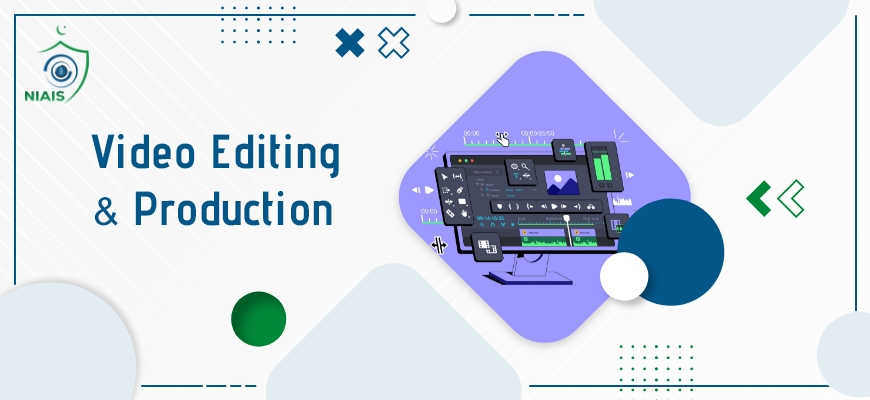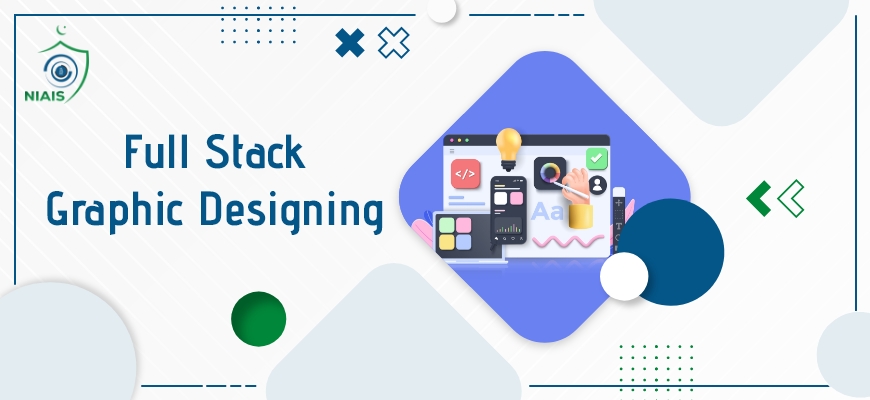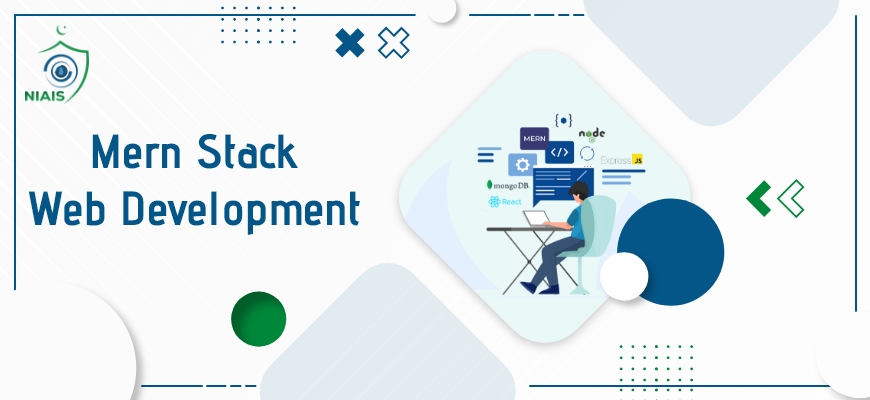Computer System Literacy
The Importance of Computer System Literacy
As the pace of work increases in today's fast-moving world, the skill of operating a computer comes in handy. Understanding computers can improve productivity, whether you're a student, employee, or someone using the internet for fun. But what percent of the population is computer literate and why is it so crucial? Let's find out.
What Does Computer System Literacy Mean?
In its broadest sense, computer system literacy is the aggregate of knowledge and skills that a person possesses concerning computer systems and related technologies. This includes but is not limited to the ability to use specific software programmes, the knowledge of computer parts, and the capacity to troubleshoot basic problems. Simply put, it means being comfortable with technology and its impact on our lives.
What makes computer system knowledge so important?
Employment Opportunities
A computer is now a prerequisite in most industries. Ranging from basic levels to higher level technical positions, a wide range of employment opportunities are available for individuals with computer system knowledge. Most companies tend to recruit people who not only know how to work on a computer but also have a basic understanding of how computer systems work.
Efficiency and Productivity
Computer literacy enables individuals to effectively perform their tasks. A thorough understanding of the available tools enhances the speed and accuracy with which one works, be it authoring a document, managing data, or doing email. Communication through digital medium Indeed, a machine does not take the ordinary form of a telephone but a computer that is now being used for communicating this century.
Digital Communication
From sending emails to posting on social networks, it is assured that you will know how to engage others in a digital form. It also enables you to protect your private information by understanding how systems function and identifying potential security threats.
Problem-solving skills
Understanding the basic principles of how one or more computers work is useful in identifying common malfunctions. Whether it is a slow computer, A virus causing system issues, a laptop or other similar devices that are slow or failing to connect, digital literacy helps you find and fix issues without needing an IT expert.
Ways to Improve digital literacy
Take Practical Steps
The best method of enhancing one’s performance is through practice, hence regular usage is vital. Invest some time learning different software tools, while working on basic troubleshooting. The more you use different computers, the more you will be relaxed while using them.
Use Online Resources
Various companies offer free and paid tools on the internet which are aimed at improving your know-how and skills. Sites like Coursera, Udemy, Alison, Muft.pk and even YouTube provide lessons on all basic functionalities of a computer the broader scope of things like coding and others.
Stay Updated
Follow up on these developments because technology is changing at an alarming rate. Don’t just learn technology and wait for it to become obsolete follow up on features and software updates by attending conferences or seminars about technological advancements.
The Future of Computer Literacy
As technology becomes more and more advanced there will certainly be a higher requirement for computer literacy. AI, statistical analysis, and cloud technology are all rapidly gaining importance in business, and all of them require a strong computer literacy. Even non-IT industries have started using technology in their day-to-day activities which shows how important being computer literate is.
In addition, schools have begun focusing more on teaching students about technology from an early age, and need to prepare the next generation for success in the technology world. This means future graduates are very good at operating computer systems.
The domain of digital Literacy
Knowledge of computer systems is essential in most sectors such as production, medical care, teaching, economics, and even arts and crafts. The digital revolution ushered in the era of the computer age, hence, enabling the implementation of technology in the core business operations of various companies, making computer literacy indispensable to remain competitive.
There is a growing need for skilled computer users to perform everything from simple cut-and-paste, and mailing text messages, to work that is more sophisticated, such as data mining or monitoring surveillance because of survival of the fittest. Additionally, advancing styles such as the World Wide Web, deep learning (ML), and e-AI created new gaps to fill with another supplement computing skill.
As these innovations become more common, the need for digital literacy will increase, making it an essential skill for those whose jobs involve the digital space.
Challenges in Learning Computer Literacy
Time and Effort
For students, learning computer literacy faces many problems. This is especially true for the beginning learner and one who has no prior familiarity with computers. One of the most important is the length of time it takes to learn all those terms and theories. For the avid beginner who's never seen acronyms like "RAM" or "CPU" outside of an electronic context, or comes to a dead halt at terms such as "operating system", this can be quite an ordeal. Patience and diligence in understanding how hardware and software communicate, for the beginner, adjusting to access is difficult.
Fear and Hesitation
Beginners, may feel hesitant or doubt their ability to learn computer skills. This is particularly evident with older students or those who fear they have been left "out of the loop" in terms of digital literacy. However fear of making errors or falling behind may stand in the way of learners' progress and inspiration, thus making it tougher for them to participate effectively in the learning process.
Limited Resources
Last of all, the development of modern education can complicate matters. Many educational or training scenes demand that students take on computer system literacy quickly, sometimes along with other subjects or tasks. The push to acquire these skills within a brief period can cause anxiety, especially when students lack adequate help or structured supervision. Students may come under added pressure to learn these skills in a short time; in particular when they have no proper guidance or systematic training. In general, although gaining this skill can be beneficial, people learning to use the computer will experience various difficulties including a lack of resources and tech needs along with self-assurance.
The key to helping students overcome these obstacles and attain digital literacy skills is to meet the challenges with readily available teaching aids and supporting guidance.
Conclusion
In modern times, computer system literacy has become a necessity, not something for the haves but the have-nots. Getting to know computers helps people in many different ways, from understanding basic computer functions to using the very latest technology. That's why computing. System literacy has applications in such fields as healthcare and financial services, with data science, AI and other fields opening up new vistas for its use.
To conclude, computer system literacy is indispensable in both the world of business today and tomorrow. Despite the hardships to be undergone while accepting new computer skills, their value cannot be over-emphasized. A society as a whole would benefit greatly by narrowing its computer systems understanding gap in terms of depth and breadth, and by giving equal access opportunities to internet-based learning which in turn would enhance productivity, career openings and general standard of living for all.

